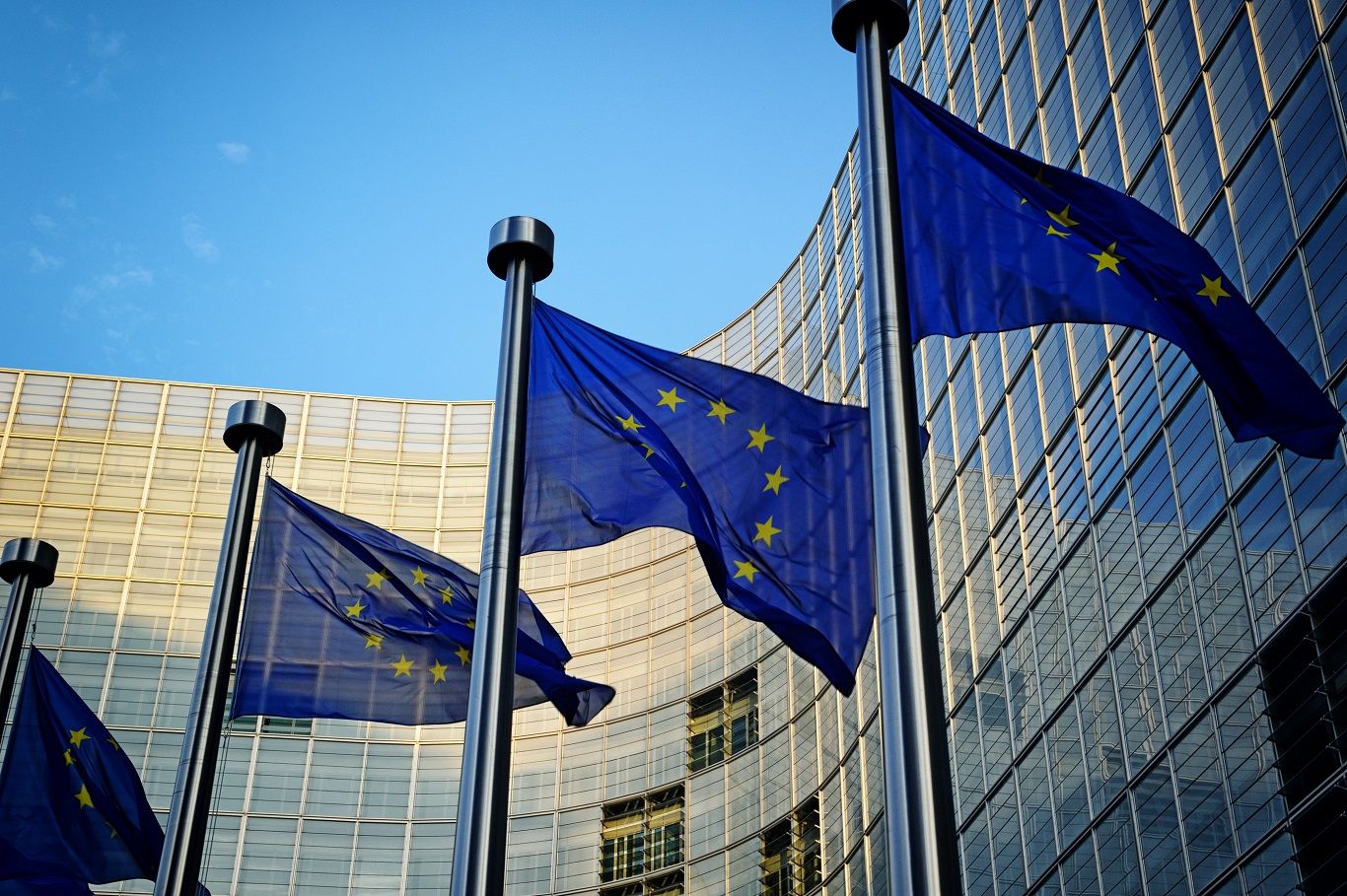Following the publication this week of the EU’s proposal for regulation for ESG rating providers, industry commentators have called for further clarity, saying it leaves many questions unanswered.
Earlier this week the EU Commission set out, among its wider sustainable finance package, the requirement that ESG rating providers must be authorised to provide ESG ratings in the EU. The obligation will exist whether the provider itself is in or outside the EU.
Victoria Hickman, counsel, financial regulation at Linklaters, commented: “Borrowing heavily from both the Benchmarks and the Credit Ratings Agencies regulations, the publication of the EU’s proposal for regulation for ESG rating providers raises some challenges but some opportunities for the ESG ratings sector too.”
See also: EU adopts due diligence directive in ‘gamechanger’ for finance
She highlighted areas where further clarification might be required.
“Non-EU ESG rating providers will need to look carefully at their group structures to consider how to continue to service the EU market – will they establish an EU authorised entity to issue their own ratings, or will they use the new ‘endorsement’ proposal, which would allow an EU authorised entity to sign off on ratings issued by its non-EU affiliate?” she said.
“For the larger ratings providers, the endorsement route seems like a sensible practical approach to the ‘hub-and-spoke’ approach that ratings agencies typically use to disseminate their ratings from one central entity across the globe. But there are many unanswered questions in the proposal regarding how that endorser firm will need to be organised and managed from a regulatory perspective.”
Smaller ESG ratings providers may be able to avoid the need to be authorised if instead they are able to take the “recognition” route, she added.
This is where the EU’s securities regulator, ESMA, makes a determination that the non-EU firm meets the same standards as are expected under the regulation in the EU and therefore recognises it as being like an EU ESG rating provider, and subject to the same rules.
However, firms whose annual turnover exceeds €12m on their ESG ratings activities will not be able to use this mechanism. Given this threshold, many of the smaller players in the market, as well as some start-ups, will still be subject to the full authorisation requirement.
Further challenges
“The timings on all of this are very tight especially given the Commission’s and ESMA’s recent track record on keeping to their deadlines,” Hickman added.
Large ESG ratings providers in the EU will have 12 months to get authorised once the rules are in force due to transitional provisions, while those outside the EU, taking the endorsement or recognition route have less time.
The proposal comes just a few months after the UK’s proposal on the same topic. Although there is much in common between the two approaches, there are some differences – for example the definition of an ESG rating is narrower than in the EU, and there are some differences in the exemptions from authorisation.
“Global ESG ratings agencies will need to keep track of these differences to stay within all the varying regulatory perimeters,” Hickman said.
Benjamin Maconick, managing associate, financial regulation at Linklaters, added another challenge was the scope for disagreement over the long-delayed technical criteria that has now been adopted by the Commission.
“The environmental taxonomy developments have been thwarted by political disagreement similar to the nuclear and natural-gas debate in the climate taxonomy space, and it is still possible that the criteria could be vetoed by the Council and the parliament,” he said.
‘Satisfying proposal’
However, some commentators also highlighted the progress made by the proposal, with Thierry Philipponnat, chief economist at Finance Watch, calling it “satisfying”.
“The proposal acknowledges that there’s currently a lack of clarity around ESG ratings, and it goes a long way to address this problem. It’s a satisfying proposal − ESG rating agencies will have to make their weighting of E, S and G explicit; they’ll need to say if they’re assessing financial returns or real-world impact; and they’ll need to make it clear whether a rating is made in absolute or relative terms,” he said.
Flora Rencz, research analyst at World Benchmarking Alliance, also took a positive view, commenting: “Investors and stakeholders have long been frustrated with the unreliability and lack of transparency in ESG ratings. The EU’s proposed regulation aims to address these concerns head-on. This development has the potential to redefine the role of ESG ratings in the financial ecosystem.
“The regulation seeks to bring ESG rating agencies under regulatory supervision, ensuring methodologies and operations are transparent, ultimately driving greater trust and confidence in ESG ratings. This is crucial to direct private capital towards companies and economies that contribute to achieving a net-zero economy.
“With the proposed regulation, the EU is spearheading efforts to establish a standardised framework for ESG ratings, enhancing data quality and empowering investors to make informed decisions that will drive the transition.”








